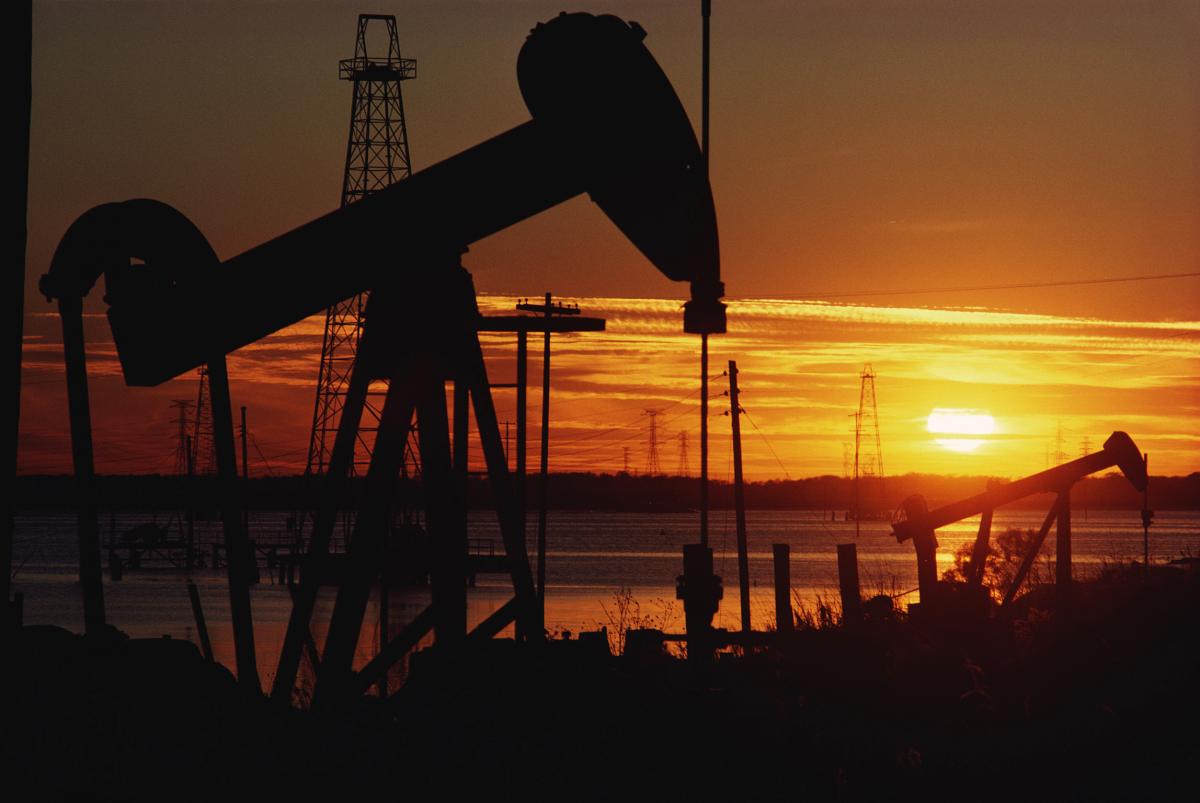BAKU, Azerbaijan, Dec.17
By Leman Zeynalova – Trend:
Oil demand growth in 2020 is forecast to stand at 1.35 million barrels per day (b/d), more than double the 0.6 million b/d of 2019 (the lowest since 2011), Trend reports citing Simon Flowers, Chairman and Chief Analyst at Wood Mackenzie Research and Consulting company.
“No recession, but global GDP growth slid from 2.9 percent in 2018 to 2.3 percent in 2019 with the US-China trade dispute weighing on industrial production. Oil demand disappointed, growing at half the rate forecast at the start of the year. In 2020, we expect a bounce in oil demand growth despite tepid GDP growth of 2.4 percent. We forecast 1.35 million b/d, more than double the 0.6 million b/d of 2019 (the lowest since 2011). One-offs depressed 2019 whereas 2020 demand will be boosted by marine diesel in China and NGLs for new US petrochemical capacity. Any repeat of demand disappointment will add to the pressure OPEC+ is under to balance a fundamentally oversupplied market,” he said.
Flowers believes that the industry has done a dismal job in convincing equity markets and the wider public of its role as the energy transition plays out.
“The global economy needs oil and gas for some decades yet. It’s up to oil and gas companies in 2020 to present themselves in a better light – as part of the solution rather than the problem. They need a plan to maximise cash value for shareholders from the core oil and gas value chain, a plan to measure, reduce and eliminate Scope 1, 2 and even Scope 3 emissions and a plan to adapt to an energy market that’s decarbonising. That will be a start,” he said.
As for gas, the analyst noted that with its low-carbon intensity on burning compared to other fossil fuels, gas has a critical role to play in balancing the intermittency of solar and wind power through the transition.
“Global gas demand looks resilient for the next two decades and beyond, and the industry is onto it – planned LNG projects are at record highs. But policy makers and capital markets are moving fast – will finance be available for the huge investment needed? The European Investment Bank is the latest to withdraw from the sector, and will cease funding coal, oil or gas projects after 2021,” said Flowers.
He pointed out that the industry needs to work harder in 2020 to demonstrate the benefits of gas and its environmental credentials – in tandem with carbon capture and storage – to ensure that finance for much-needed gas projects doesn’t dry up.
---
Follow the author on Twitter: @Lyaman_Zeyn






